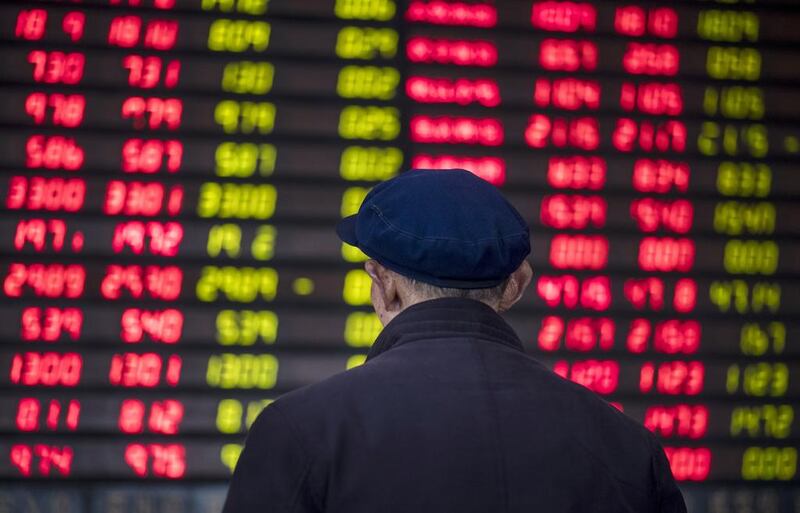Emerging-market equities are sinking and the US dollar is routing developing-nation currencies to an extent not seen since right after Donald Trump’s shock election.
This time, it’s the US president’s plan to dramatically cut tax rates for businesses that’s causing the undoing. Emerging-market traders, who fear the overhaul will spark the repatriation of dollars, could be forgiven for having a flashback to November, when the president’s win and promise of pro-business reforms set off a 7 per cent rout in the asset class.
But a cohort of money managers and strategists, including JPMorgan Chase & Co, UBS Wealth Management and Standard Life Investments say this time is different. Shares in developing nations are just pulling back after a 27 per cent rip over the first nine months of the year.
"It’s more a bump in the road than a different road," said Kieran Curtis, who helps oversee US$5 billion in emerging-market debt at Standard Life in London and favors the Mexican peso, Indonesian rupiah and Malaysian ringgit. "It’s not clear that the tax plan will cause a massive dollar bull trade. Spending is good for growth in the US as well as EM."
_______________
Read more:
[ India's Sensex headed for a record high ]
[ Rich in emerging markets to bolster growth of global wealth managers ]
_______________
Here are other reasons why emerging-market assets have room to go higher:
Lucy Qiu, an analyst at UBS Wealth Management’s Chief Investment Office, which oversees strategy for $2.2 trillion in assets.
Emerging-market growth is holding up with the GDP growth premium against developed markets set to widen.
Real rates remain high in many nations and some countries such as Brazil and Russia have room to cut rates despite Fed tightening.
Average earnings per share is up 18 per cent this year with margins still in early stage of recovery.
Developing-nation stocks have only recouped one-third of the outflows they suffered from 2013 to 2016.
Adrian Mowat, chief Asia and emerging markets equity strategist at JPMorgan.
While there’s concern that a few additional data points of higher inflation might put short-term pressure on emerging markets, leading to a neutral stance, the firm is still bullish on the asset class.
Earnings continue rising for second year contributing to bulk of stock return
"When you’ve got those fundamentals, people’s attitude toward high interest rates is that it’s a bullish story on the economy and it’s a steeper yield curve, which is generally good news for risk, growth assets," he says.
Robert Marshall-Lee, a fund manager at London-based Newton Investment Management , whose $210 million emerging-market equity fund has topped 95 per cent of peers this year.
"I don’t care about short-term gyrations -- they create an opportunity," he says
He sees return potential exceeding 50 per cent over five years for emerging-market investments in his fund, which has its largest weights in India, China, South Africa and South Korea.






